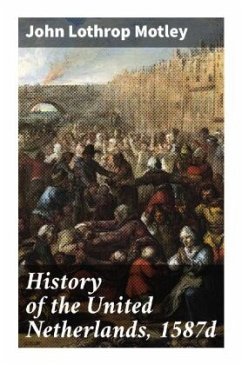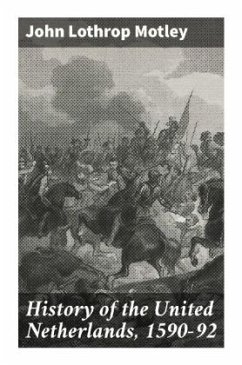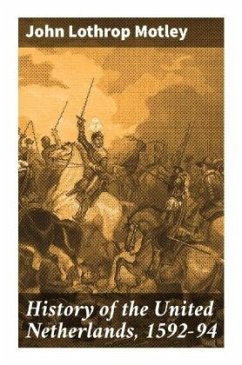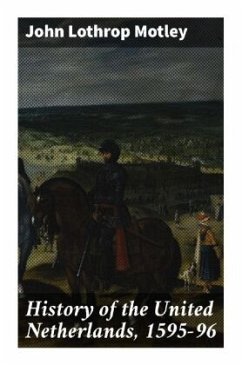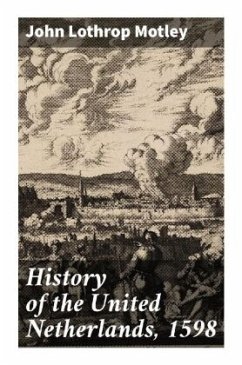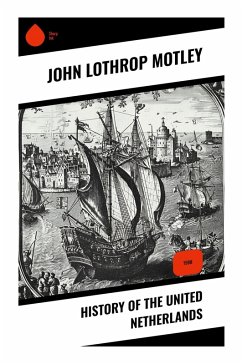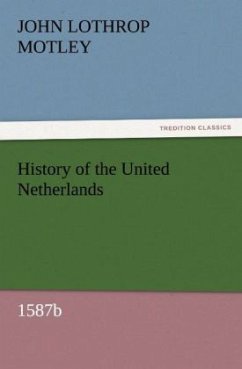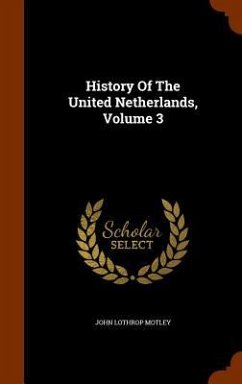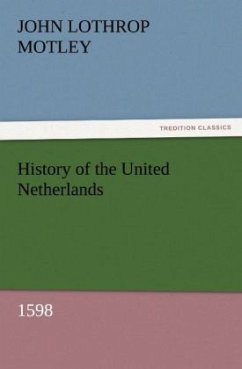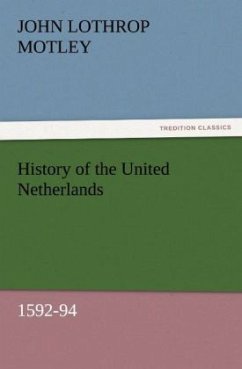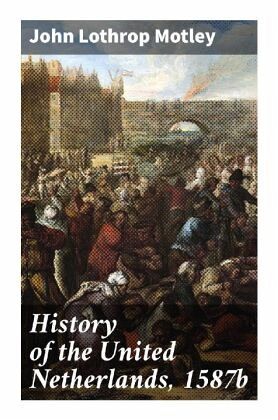
History of the United Netherlands, 1587b
Versandkostenfrei!
Versandfertig in 6-10 Tagen
6,99 €
inkl. MwSt.
Weitere Ausgaben:

PAYBACK Punkte
3 °P sammeln!
In "History of the United Netherlands, 1587," John Lothrop Motley offers an intricate portrayal of the Dutch struggle for independence from Spanish rule, situating this pivotal conflict within the broader tapestry of European politics of the late 16th century. Meticulously researched, Motley's narrative is characterized by a rich prose style that combines vivid descriptions with astute political analysis. As a historical account, it captures the fervor of nationalist sentiment and the complexities of international alliances, rendering a nuanced understanding of the period's tumultuous events a...
In "History of the United Netherlands, 1587," John Lothrop Motley offers an intricate portrayal of the Dutch struggle for independence from Spanish rule, situating this pivotal conflict within the broader tapestry of European politics of the late 16th century. Meticulously researched, Motley's narrative is characterized by a rich prose style that combines vivid descriptions with astute political analysis. As a historical account, it captures the fervor of nationalist sentiment and the complexities of international alliances, rendering a nuanced understanding of the period's tumultuous events and their implications for modern democratic thought. Motley, an American historian and diplomat, was profoundly influenced by the American ideals of freedom and self-determination. His experiences in Europe, coupled with a deep engagement in the cultural and political movements of his time, inspired him to chronicle the Netherlands' fight against tyranny. His background in literature and history informed his meticulous approach, making him a unique voice in 19th-century historiography. This book is an essential read for anyone interested in the foundational moments of democracy and resistance against oppression. Motley's eloquent narrative not only educates readers about the historical context of the Netherlands but also resonates with contemporary themes of liberty and national identity, making it a timeless work for scholars and general readers alike.




